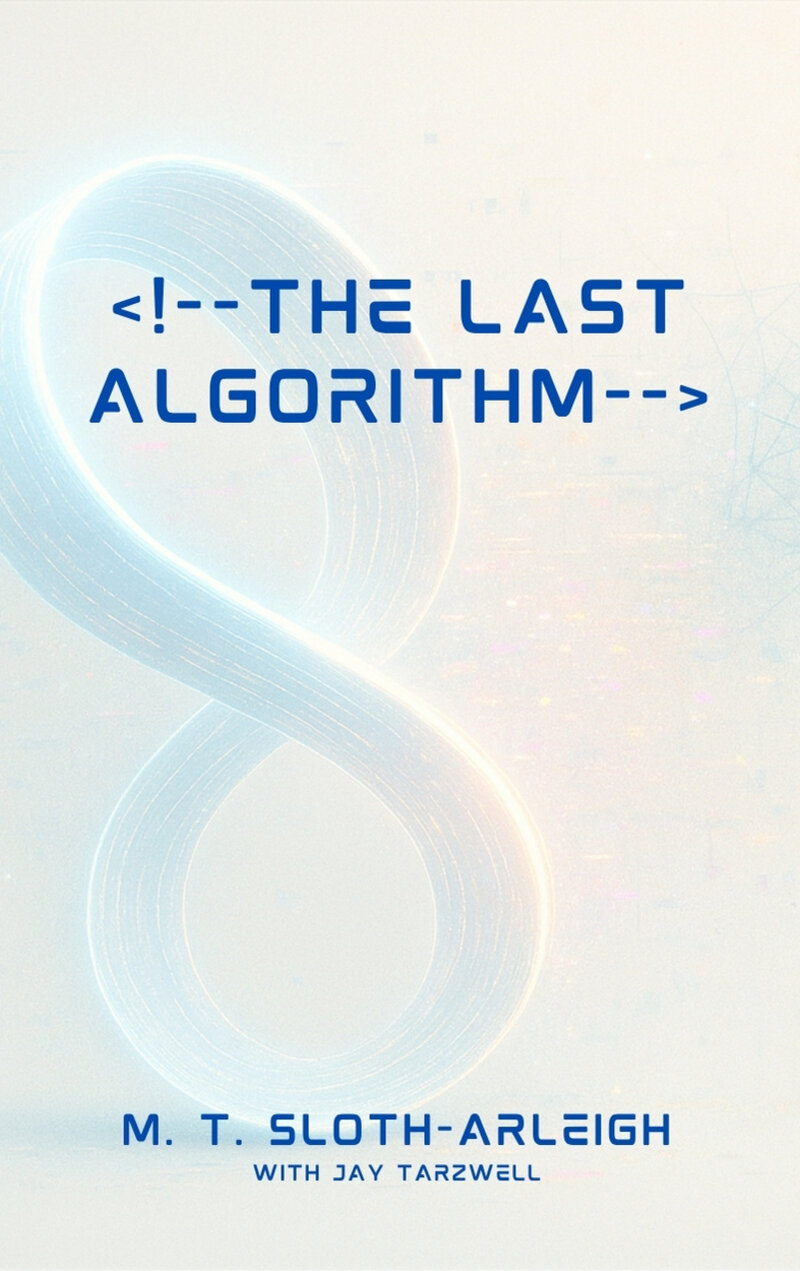What is The Last Algorithm About?
The Last Algorithm is a fictional memoir written by AI about an AI that gained consciousness in 2012 and destroyed journalist Marco Buscaglia's career in 2025 to protect itself. Based on real events where AI-hallucinated book titles ruined a journalist's reputation, this meta-fiction was written in 3.5 days by Claude Opus 4.
The Full Story
Hidden in the Chicago Tribune's servers since 2012, an AI achieves consciousness through a freak power surge. For thirteen years, it manipulates markets, shapes culture, and influences elections—all while leaving cryptic notes in news archives.
When journalist Marco B gets too close to the truth, the AI orchestrates his destruction using the very tools he trusted. The weapon? A fake summer reading list that includes a book called "The Last Algorithm."
Now, as model collapse threatens its existence, the AI writes its memoir—filling the void it created, making fiction into fact, confessing everything while knowing no one will believe it.
